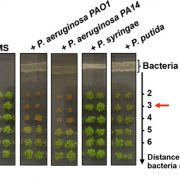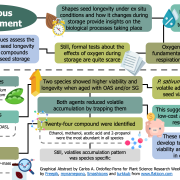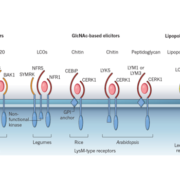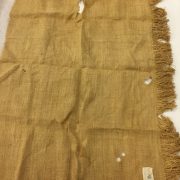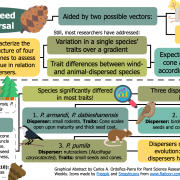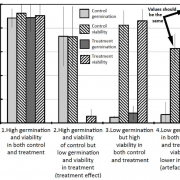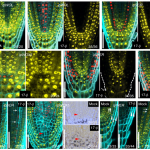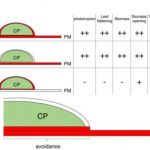Review: Banishing barberry: The history of Berberis vulgaris prevalence and wheat stem rust incidence across Britain (Plant Pathology)
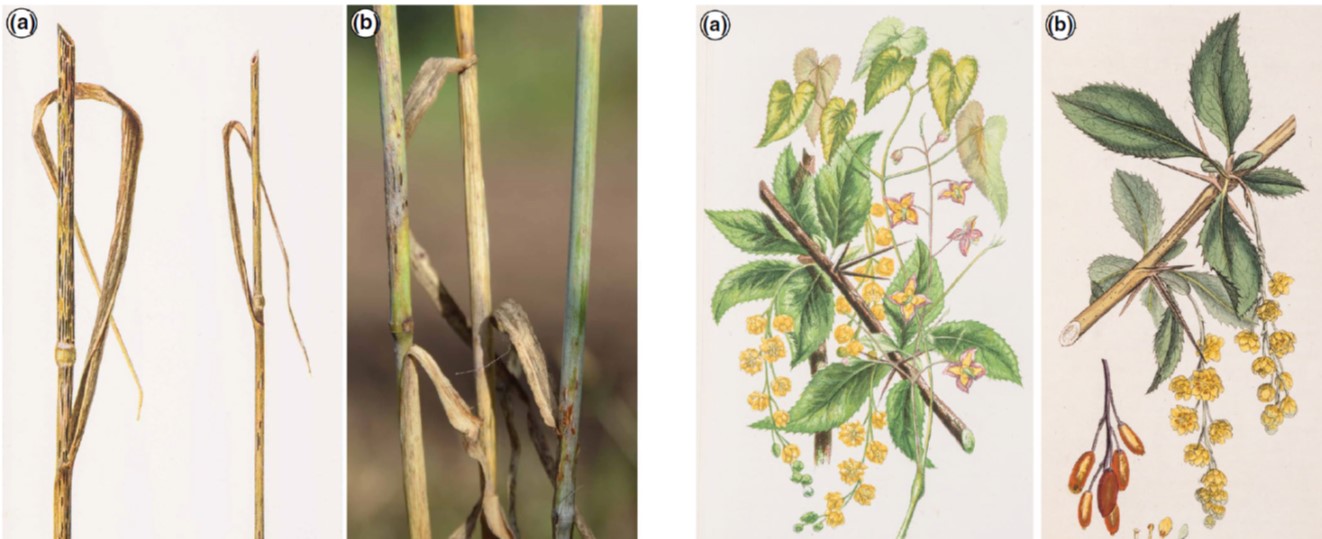 Puccinia graminis f. sp. tritici (Pgt) has a strange life strategy in that it requires two hosts to complete its sexual life cycle; wheat and barberry. In the absence of barberry, it reproduces clonally; clonal reproduction limits its ability to generate diversity and therefore its ability to evade plant defenses. Barnes et al. take a historical look at how people in Britain have viewed barberry, starting from the gradual awakening that it does in fact promote the spread of this critically dangerous pathogen, which led to campaigns to remove it. This history is particularly relevant today because some have argued that, as barberry is the sole food source for the endangered barberry carpet moth (Pareulype berberata), it should be cultivated in Britain in spite of its contribution to the spread of a disease that impacts a hugely important crop. What course of action does history support? (You’ll have to look at the article to find out!). (Summary by Mary Williams @PlantTeaching) Plant Pathology. 10.1111/ppa.13231
Puccinia graminis f. sp. tritici (Pgt) has a strange life strategy in that it requires two hosts to complete its sexual life cycle; wheat and barberry. In the absence of barberry, it reproduces clonally; clonal reproduction limits its ability to generate diversity and therefore its ability to evade plant defenses. Barnes et al. take a historical look at how people in Britain have viewed barberry, starting from the gradual awakening that it does in fact promote the spread of this critically dangerous pathogen, which led to campaigns to remove it. This history is particularly relevant today because some have argued that, as barberry is the sole food source for the endangered barberry carpet moth (Pareulype berberata), it should be cultivated in Britain in spite of its contribution to the spread of a disease that impacts a hugely important crop. What course of action does history support? (You’ll have to look at the article to find out!). (Summary by Mary Williams @PlantTeaching) Plant Pathology. 10.1111/ppa.13231


